AWS Solution Architect

To Code or Not to Code
- November 22, 2024 15 min read
- Aws solution architect
In an era of rapid technological evolution, the question 'To Code or Not to Code' for Solutions Architects (SAs) has never been more pertinent. In this article we delve into why coding skills are no longer just a nice-to-have, but a crucial asset for SAs in today's cloud-driven landscape. We explore how hands-on coding experience enhances an SA's ability to design more effective and innovative solutions, bridging the gap between high-level strategy and practical implementation. With guidance on getting started in coding, emphasizing the importance of an experimental mindset, continuous learning, and embracing coding as a tool for exploration, innovation, and credibility-building.
Read More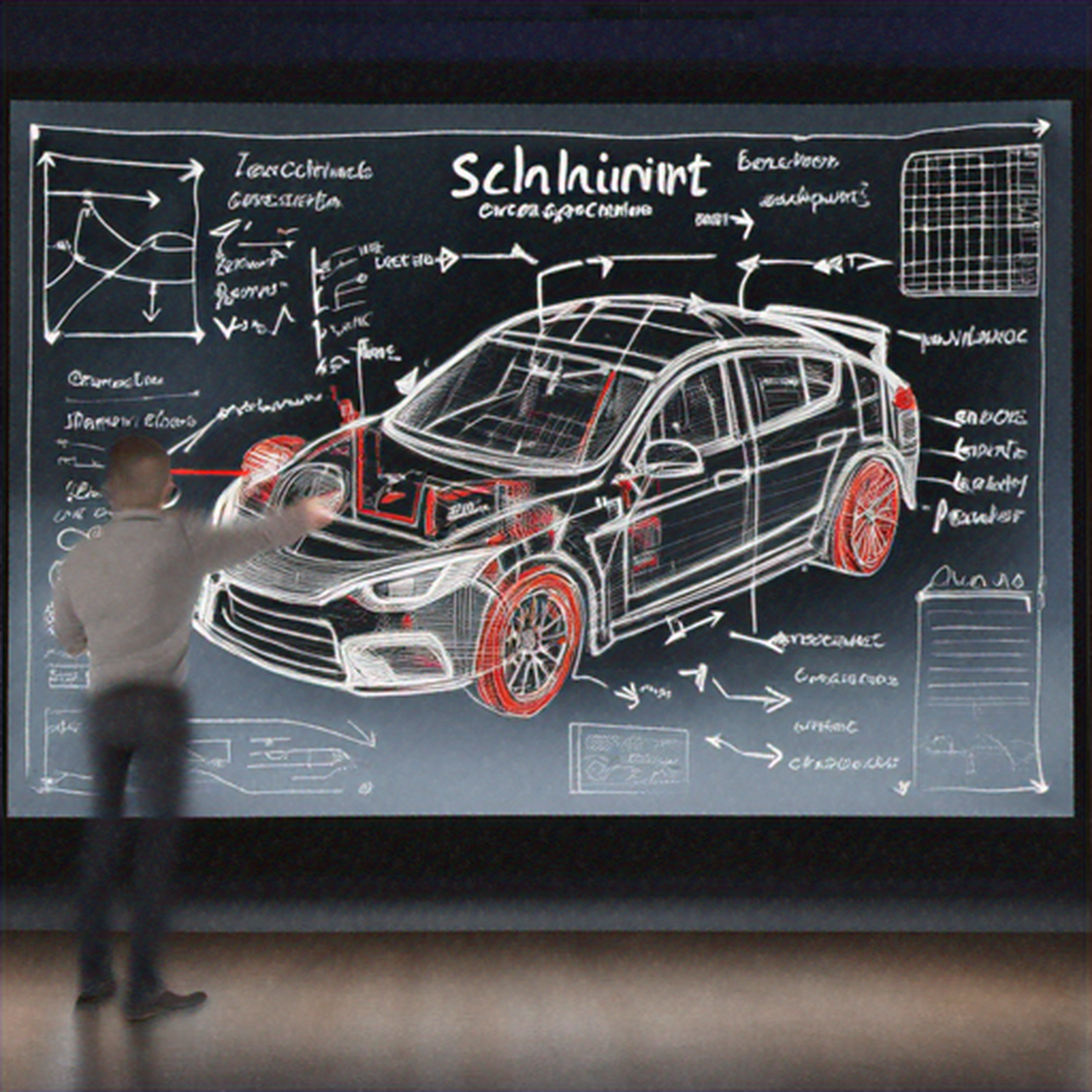
A picture speaks 1000 words
- November 8, 2024 10 min read
- Aws solution architect
In this article we explore the invaluable role of whiteboarding in solution architecture, highlighting its power to transform complex ideas into visual representations that foster collaboration and understanding. We delve into the benefits of this versatile tool, from breaking down communication barriers to turning vague concepts into concrete plans. With practical tips for effective whiteboarding, addressing challenges in virtual environments, and emphasizing its importance in today's technology-driven landscape. Solution architects, team leaders, and anyone involved in problem-solving will find this article an essential read, as it not only illustrates the transformative potential of whiteboarding but also encourages readers to embrace this approach for more productive and innovative solution design. We hope that readers will be inspired to step away from traditional slide decks and leverage the whiteboard to unlock new levels of creativity and effectiveness in their work.
Read More
Prioritization Frameworks
- October 25, 2024 15 min read
- Aws solution architect
In this post, we take a step to the side and look at prioritization techniques for IT professionals, particularly for us as Solutions Architects, who face an overwhelming array of tasks and responsibilities in our daily work. Gain insights into various prioritization frameworks, which can help you navigate the complex technology landscape more effectively. Not only do we explain these frameworks, we provide a real-world example of how to create a hybrid model tailored to individual needs. By understanding and implementing these strategies, SAs can enhance their productivity, make better decisions, and achieve a balance between short-term tasks and long-term goals. Moreover, we emphasize the importance of adaptability and continuous refinement in prioritization skills, making it an essential read for any SA looking to optimize their workflow and deliver high-value outcomes in our fast-paced world of IT and cloud solution development.
Read More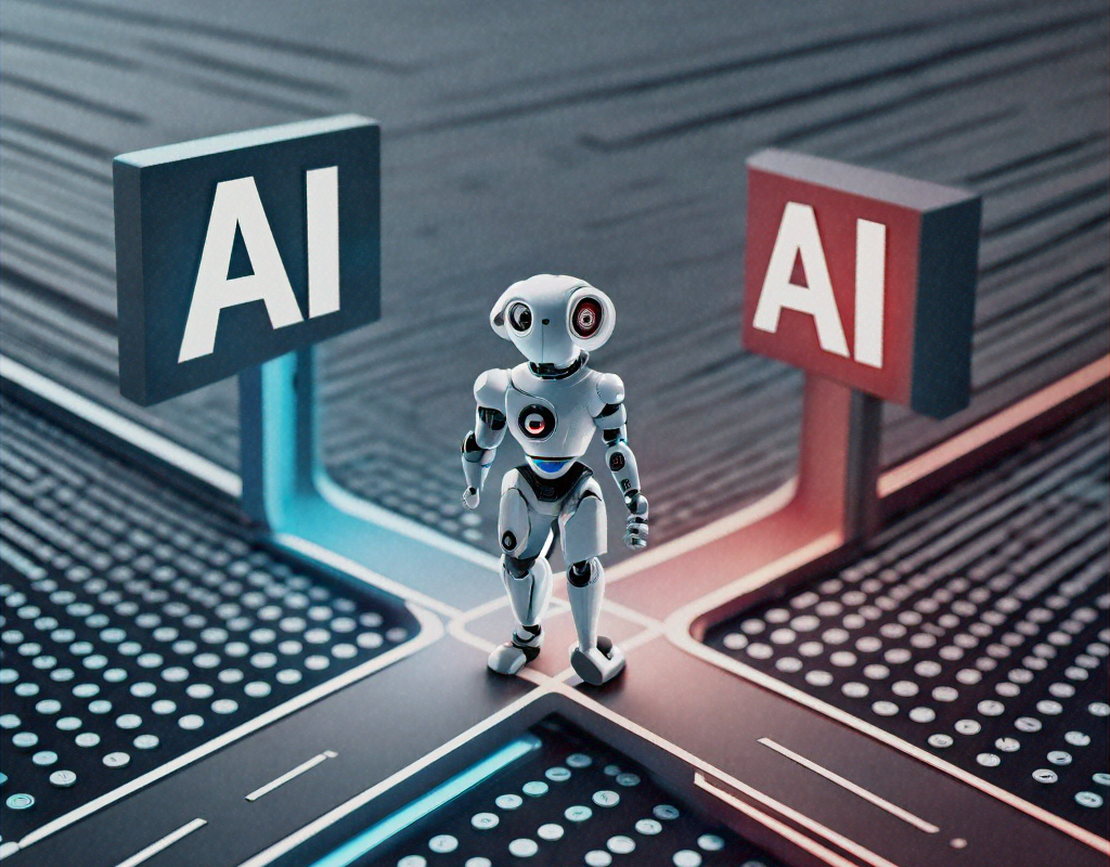
GenAI... Are we there yet?
- October 11, 2024 10 min read
- Aws solution architect
The rise of Generative AI (GenAI) has ignited a frenzy of excitement and hype, captivating the tech world with its remarkable capabilities in generating human-like text, images, code, and more. As Solutions Architects, our pivotal role lies in navigating this landscape with a discerning eye, separating the transient hype from the enduring trends. By adopting a problem-centric mindset, staying abreast of technical advancements, and addressing concerns around sustainability, reliability, and ethics, we can harness the power of GenAI to create scalable, impactful solutions that outlive the hype cycles and contribute to sustainable progress across industries and societies.
Read More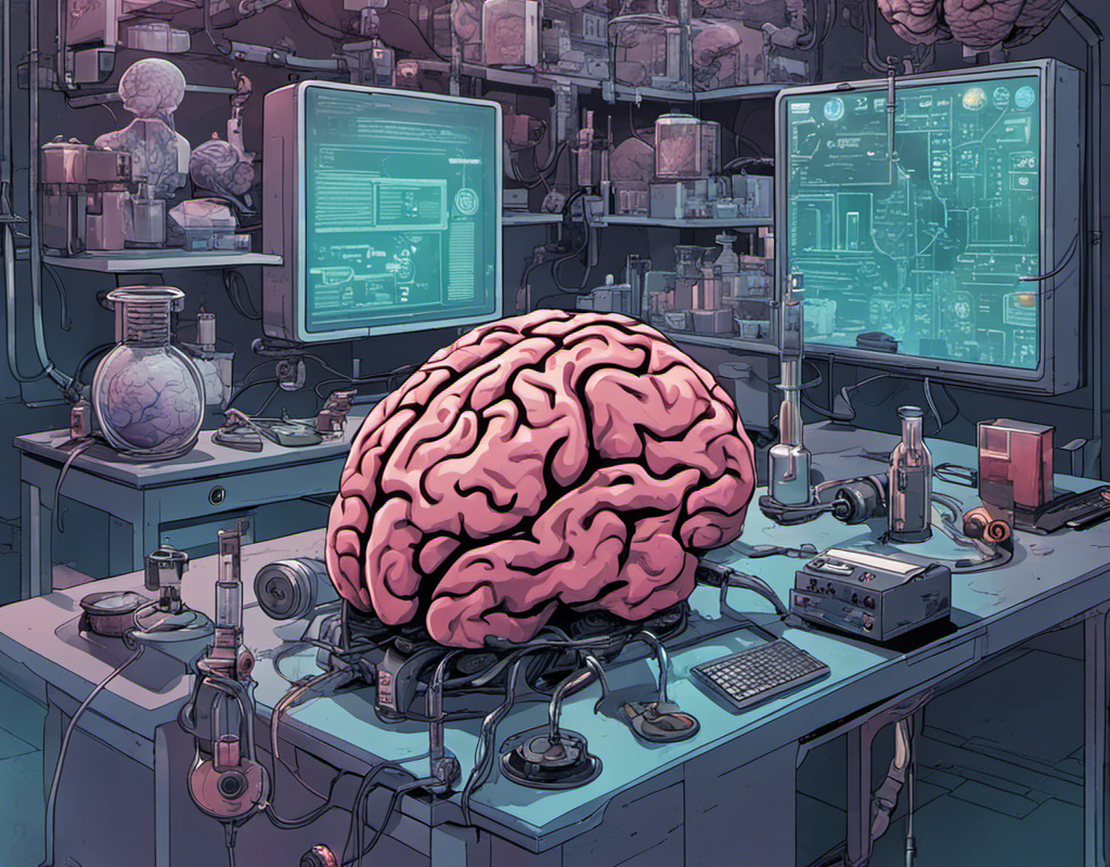
Experimental Mindset
- September 27, 2024 15 min read
- Aws solution architect
Why should Solutions Architects embrace an experimental mindset in their work? In a rapidly evolving industry, the ability to run controlled experiments, test hypotheses, iterate quickly based on data, and pivot approaches allows for faster learning, more innovative solutions, and continuous improvement. In this article we provide a structured framework for setting up experiments, knowing when to persevere or change course, and turning seemingly irreversible one-way decisions into low-risk iterative steps. Cultivating curiosity, challenging assumptions, and valuing learning over just being right are critical mindsets for driving meaningful progress and unlocking new possibilities. With examples and wisdom from Amazon leaders, we call for using an experimental approach to navigate ambiguity, make better decisions, and stay ahead of the curve.
Read More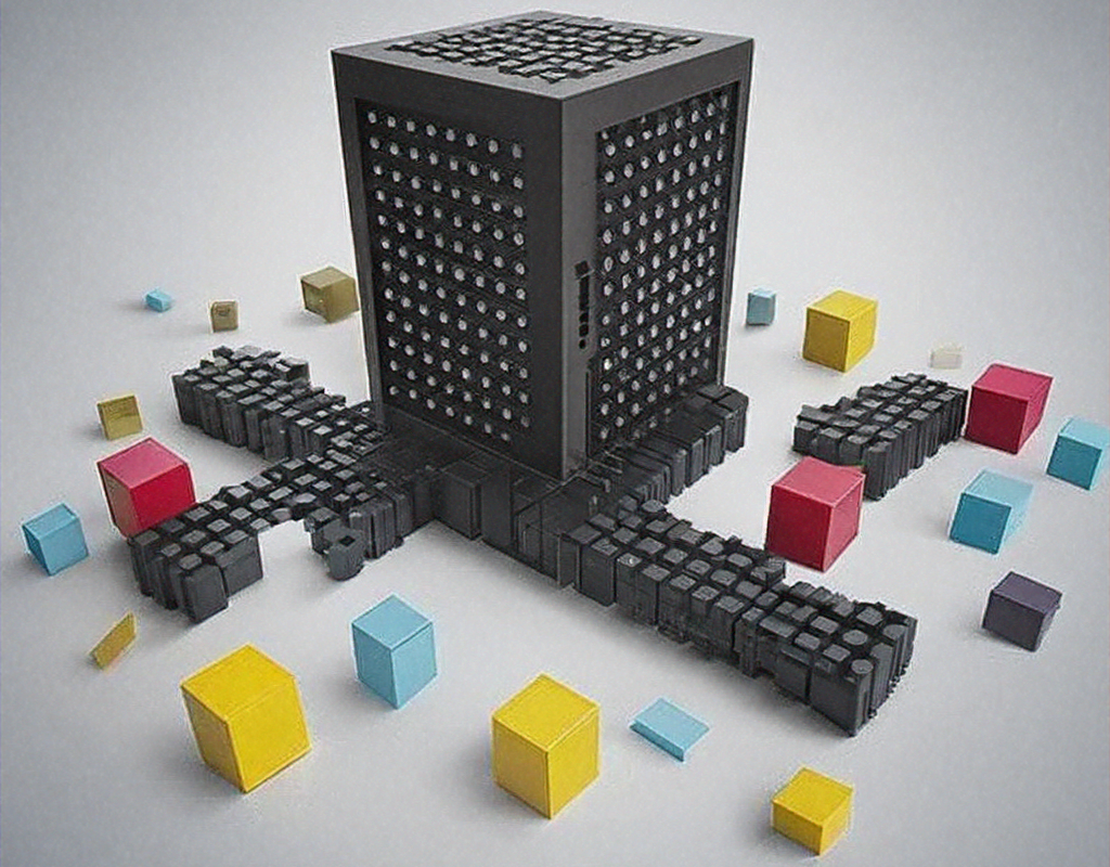
Breaking it down
- September 13, 2024 25 min read
- Aws solution architect , Systems design
In this edition, we dive into the art of breaking down complex problems into manageable domains, empowering us to design solutions that truly address the needs of our partners and customers. We explore the power of concepts like Separation of Concerns and Bounded Contexts and how they provide a powerful toolkit for effective systems design. Discover how these principles, combined with architectural patterns, modularity, and abstraction, enable us to create adaptable, maintainable, and scalable solutions. We take a look at practical strategies to help navigate the complexities of solution design. Embrace a mindset of continuous learning, collaboration, and iterative refinement as we unlock new levels of innovation and problem-solving prowess.
Read More
Systems Thinking Part 2: Infinity
- August 30, 2024 15 min read
- Aws solution architect , Systems design
Continuing our exploration through the mental construct of Systems Thinking, we have looked at the intrinsic interconnectivity of all elements within a system and discussed the nature of feedback loops as the driving force behind emergent behaviors and unintended consequences. In this part 2 of Systems Thinking we discuss the significance of systems boundaries, the importance of recognizing and defining the boundaries in order to understand its scope, scale, and interactions with its environment, and we introduce the "infinite mindset" a concept that emphasizes the importance of adapting, evolving, and thriving in an ever-changing environment, rather than focusing solely on achieving specific short-term goals.
Read More
Systems Thinking Part 1: Interconnectivity
- August 16, 2024 20 min read
- Aws solution architect , Systems design
In this edition we delve into the profound concept of systems thinking, a holistic approach that empowers us to perceive the world through the lens of interconnectivity. By embracing this paradigm, we transcend the limitations of traditional problem-solving methods and gain the ability to unravel the intricate web of relationships and feedback loops that govern complex systems. In this article we guide you through a captivating exploration of causal loop diagrams, behaviour over time analysis, and the recognition of common system archetypes, revealing how these tools can unlock invaluable insights for crafting optimized, resilient, and sustainable solutions. With compelling examples and a thought experiment that illustrates the power of systems thinking in action, learn about how systems thinking challenges us to embrace a philosophical shift in our approach to solution architecture.
Read More
Why vs How
- August 2, 2024 25 min read
- Aws solution architect
The ability to ask "why" and "so what" emerges as a cornerstone of effective critical thinking and fosters innovation in providing comprehensive value as a trusted advisor. Understanding the underlying reasons ("why") behind business requirements, problems, or tasks is crucial for effective problem-solving, decision-making, and designing meaningful solutions. By employing techniques like the "5 Whys" analysis and digging deeper into the root causes, one can uncover hidden assumptions, interconnected issues, and develop more sustainable solutions that truly address underlying business needs. Furthermore, considering broader implications through the lens of "so what" allows architects to take a holistic, systems-level view, ensuring that practical implementations align with deeper motivations and long-term consequences. This approach not only fosters introspection, analysis, and continuous learning but also enhances personal growth and goal-setting. SAs should challenge the status quo, question assumptions, and seek a profound understanding of the "why" and "so what" behind tasks, processes, and goals, as it enables well-informed decision-making and the delivery of thoughtful, sustainable solutions that provide comprehensive value.
Read More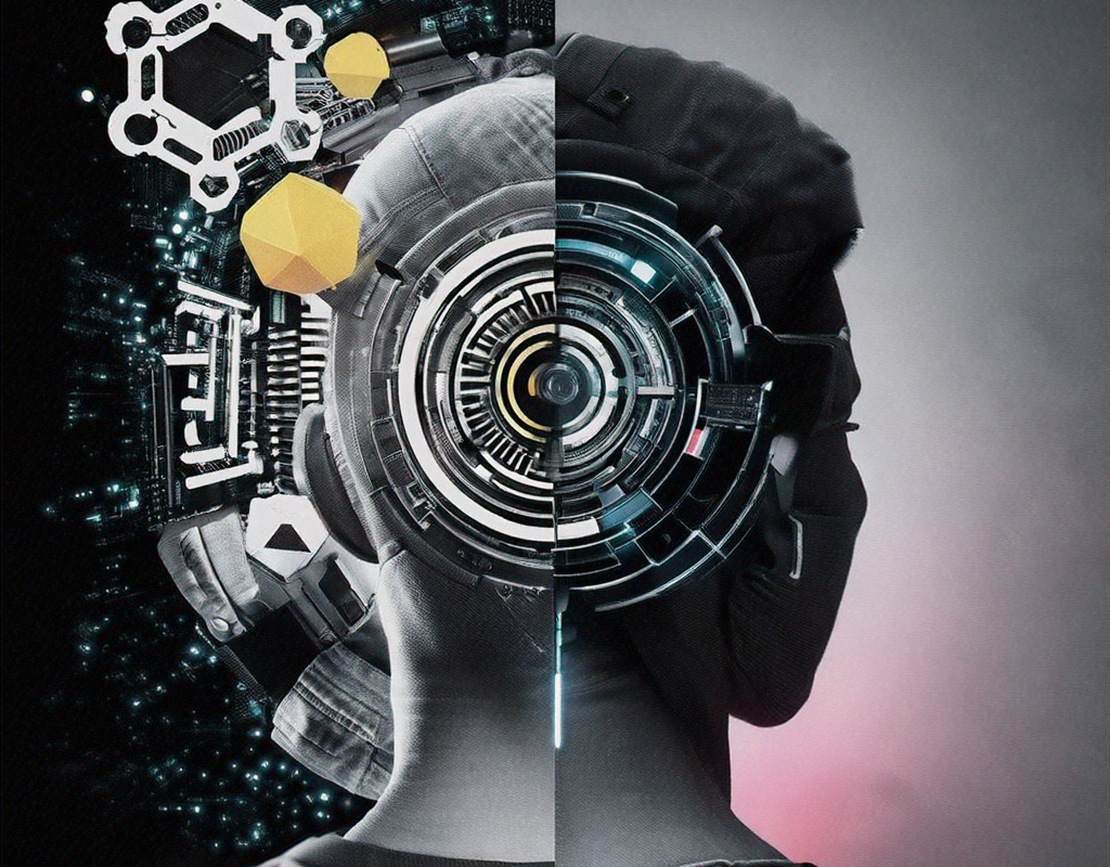
SA vs Great SA
- July 19, 2024 9 min read
- Aws solution architect
What does it take to be a Great SA? The primary differentiator between a good Solution Architect (SA) and a great one lies in their critical thinking ability. Critical thinking involves evaluating information from multiple perspectives, questioning assumptions, and drawing reasoned conclusions. It empowers SAs to think more deeply, make thoughtful choices, and develop a greater understanding of the problem domain. Great SAs leverage critical thinking to balance competing leadership principles, proactively identify and address potential challenges, risks, and opportunities, design scalable, resilient, and secure solutions that anticipate future needs, and effectively communicate technical concepts to both technical and non-technical stakeholders. By applying critical thinking, great SAs can dive deeper, analyze complex problems from multiple angles, propose innovative solutions, stay up-to-date with industry trends, collaborate effectively, and continuously optimize and enhance their solutions, ultimately delivering greater value to the organization.
Read More